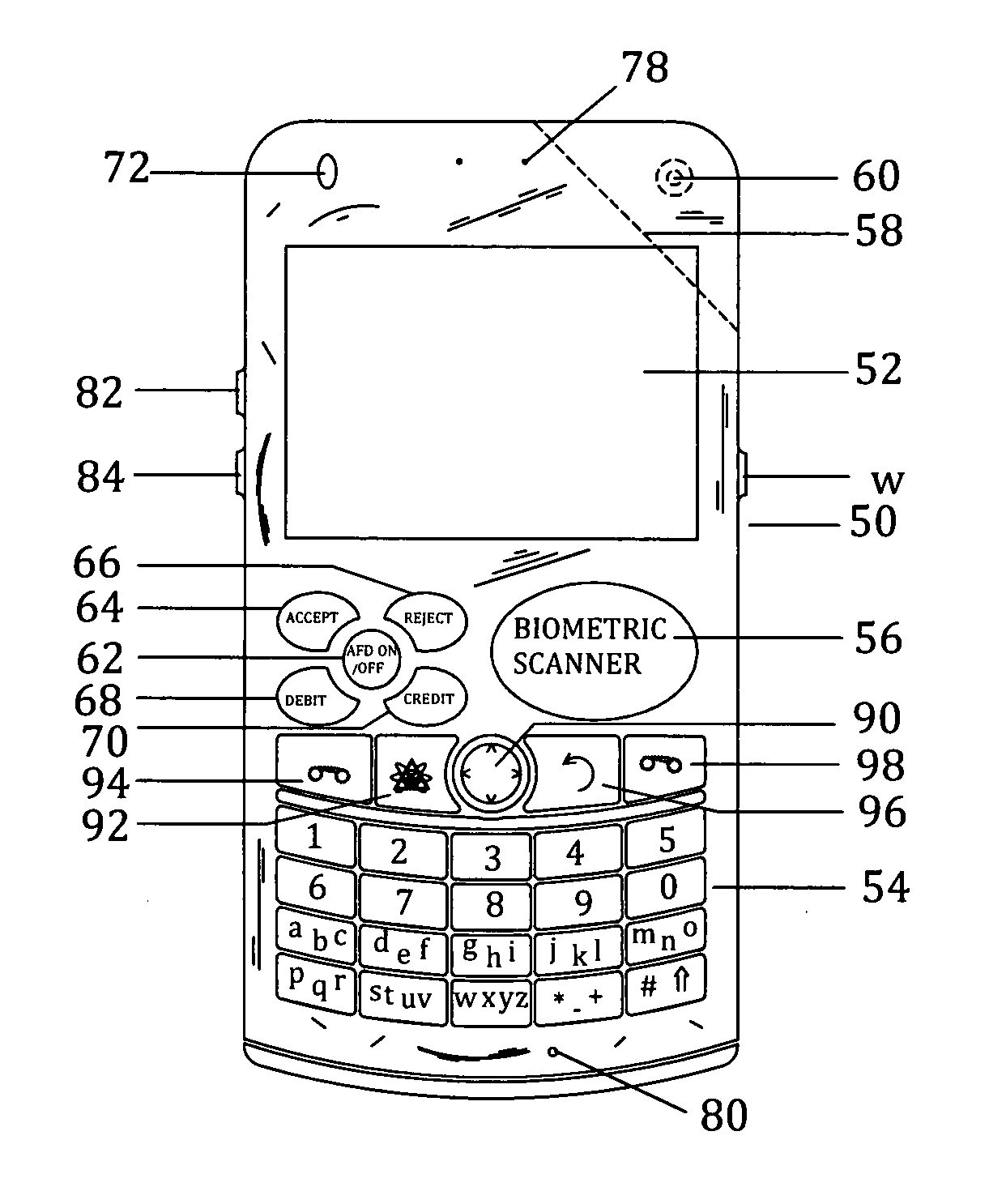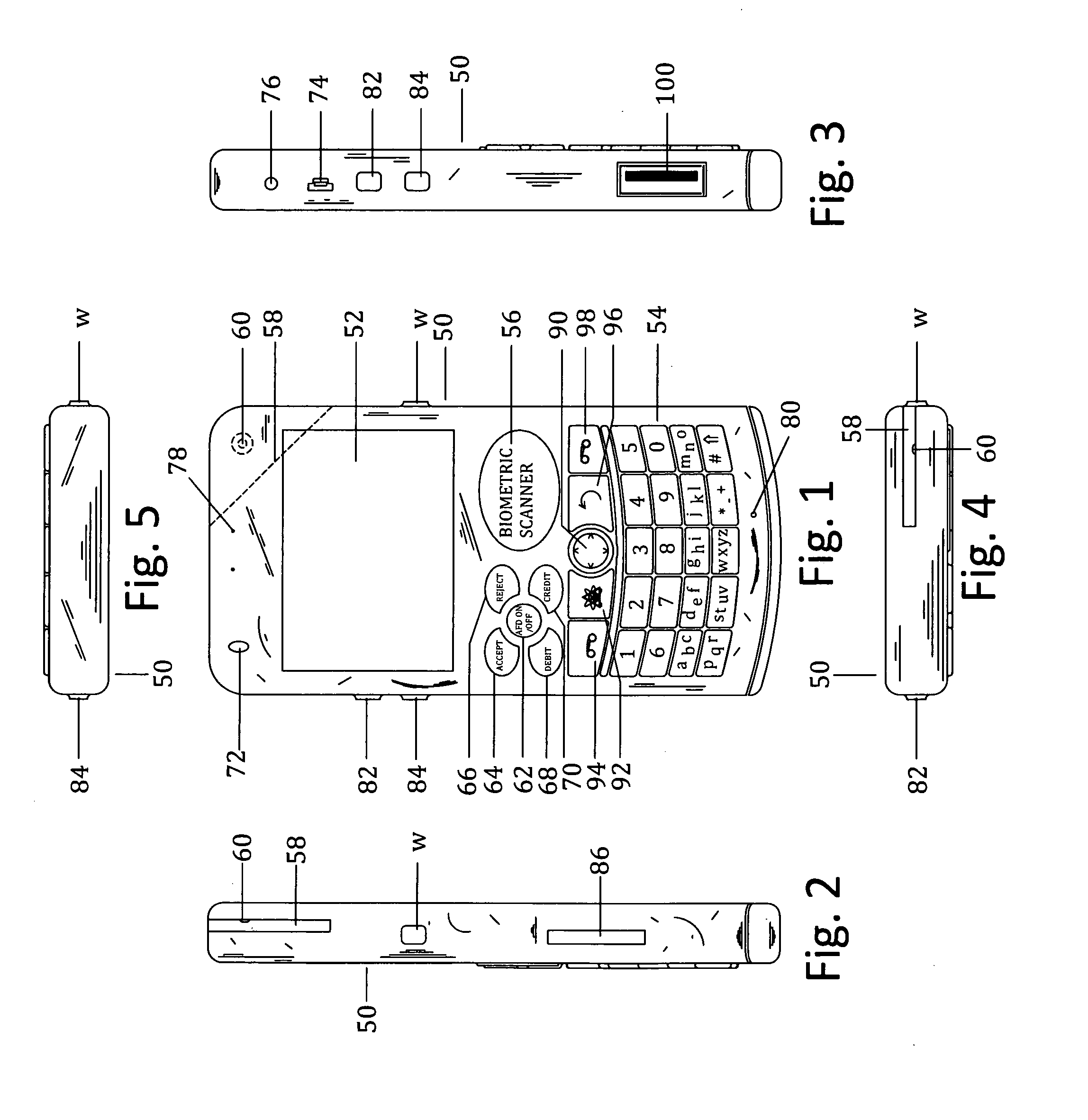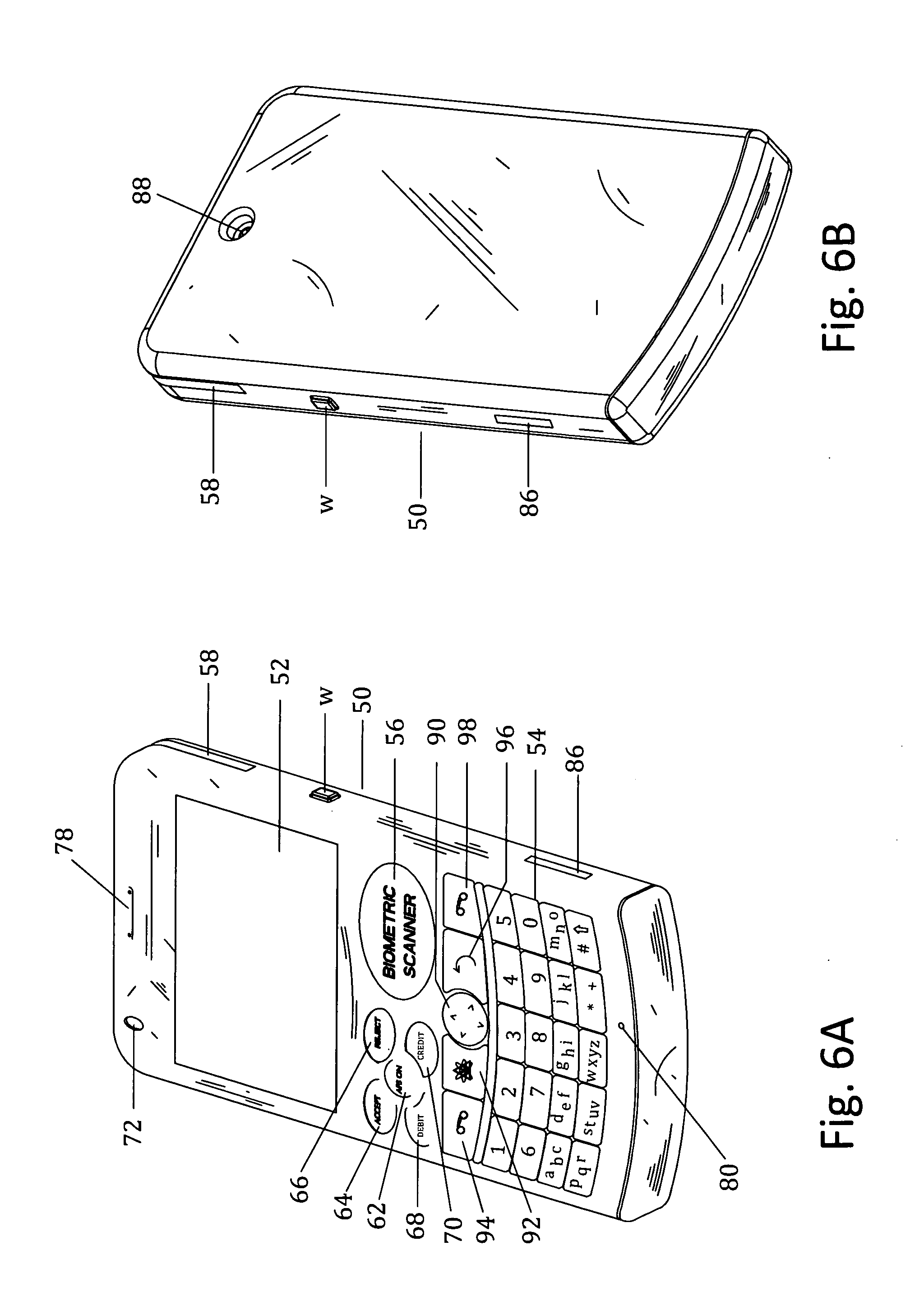According to recent reports gathered from credible sources in financial industry, hundreds of billions of U.S. dollars, including other foreign currencies are wasted and lost, annually, altogether, by hundreds of millions of consumers and authorized customers and authorized users of credit cards, debit cards and cheques or checks, and, also being wasted and lost by numerous legitimate banks, lending companies, vendors and merchants, insurance companies, government agencies and other legitimate organizations, nationally and internationally.
These financial wastes and losses are mostly due to direct and indirect results or aftermaths of widespread countless frauds and identity thefts, especially in the fraudulent uses of numerous millions of physical and virtual credit cards and debit cards, cheques (checks) and card-not-present commercial transactions and other related and other relevant means of financial, transactional and operational instruments used by personal, business and other organizational entities.
Widespread medical and health insurance fraud costs a crippling loss of revenues to the American health care arena.
These fraudulent medical insurance claims are: multiple billings or fraudulent billings for services that were not in reality provided to patients, unbundling of medical claims, billing separately for medical procedures normally covered by single service, misrepresentations of medical services and devices or providing unnecessary medical services and devices, etc.
These are just some important evidences why Medicare and Medicaid are continually losing hundreds of billions of U.S. dollars, thus contributing to the skyrocketing costs incurred in the annual government expenditures of $2 Trillion.
However, currently and in the recent past, on numerous occasions, it has been really very hard to effectively execute precise, coherent security and safety in airports as well as inside the passenger airplanes.
Thus, it requires imposing tight and lengthy security screening of passengers that usually results in much
time delays, especially in crowded airports, with high frequencies of scheduled
airplane departures and arrivals going on.
Although numerous banks offer what they claim as secure online banking to protect the accounts of both personal and business customers, the truth is that online crooks and hackers remain a very real serious
threat.
So, despite the great efforts and attempts provided by most banks to protect the
bank accounts of millions of customers, their
online security still remains such a very major problem.
This main security problem becomes further magnified, when the rest of the world doing online banking and electronic personal and
business transactions are taken into account.
Banking Trojans are one of the biggest security threats to consumers engaged in online banking.
Advanced types of Trojans can make fraudulent monetary transfers which can drain the consumers' accounts while they are logged on to their respective accounts online.
They are most vulnerable to online attacks by hackers who are more inclined to take
advantage of breaking into numerous accounts of many millions of dollars.
Most small businesses are at risk when doing monetary wire-transfers with their accounts.
When
bank customers have been victimized by online theft, they must act swiftly to report the incident to their respective banks, or else, if they don't do the reporting on a timely manner, the banks will not always be held obligated to pay the customers' monetary loss.
Bank customers are also vulnerable to potential losses when they have lines of credit accounts or business accounts.
But, there are great risks here on the part of the banking customers, because, for these third parties to be able to monitor and report to the customers' banking activities, the privacy of data / information of the banking customers can be pre-disposed to potential leakages that may later on result into fraudulent and
identity theft crimes that can endanger the integrity and financial well-being of legitimate banking customers without them knowing the fraudulent and
identity theft crimes being committed against them.
In 2009, there were 546 million physical credit cards and 507 million debit cards in circulation in the United States of America, alone, resulting in 11.1 million adults having been victimized by identity fraud, and resulting to an annual loss of 48 Billion USD.
Other great threats and problems, nowadays, are the rampant identity thefts affecting our modern global society by the millions, in all walks of life.
However, the demands by numerous millions of customers using credit cards and debit cards based on the current
payment infrastructures cannot just easily fade away.
Currently, enormous problems exist on many issues pertaining to the proper, accurate, coherent and referable verifications and authentications in the secured electronic transmissions of data / information, monitoring and storage of private medical / health histories and activities, personal and public safety of data / information on natural and unforeseen disasters, safety and security in transportation vehicles including safe lanes of travels, private and social dwellings, like hotels, restaurants and other dining places, breaches in conference and meeting places for local, national and global educational, research and inventions, etc.
Despite a multitude of prior art and current solutions, practices, attempts, technological developments, advancements and applications, the above-mentioned problems encountered in worldwide fraud and identity theft persist, and, in reality, are still on a geometric rise, globally.
The main reason is because there is a major lack of effective consolidated and coherent methods, systems and devices, with the hundreds of millions of consumers / authorized customers and users that can and should be enabled to participate and help solve these rampant problems in
electronic banking, e-commerce and electronic health and medical arenas and activities, etc.
Many patents and patent publications do not provide the broadness, coherence, and multi-functional capabilities that are required to effectively solve, curtail and prevent these widespread international frauds and identity-thefts.
They do not also provide the numerous millions of consumers and customers with the convenience of secured true-
personal identity verification protections with instant-response broad-spectrum features and safety functionalities.
However, in the analysis of these mentioned other inventions, they vastly differ from the presently applied for invention, and, these enumerated inventions of these enumerated inventors are lacking in broadness, coherence, multi-functionalities, capabilities and features as compared to the global scope of comprehensive, effective and
expansive customer-controlled instant-response major people power shift of control in solving the prior and current problems encountered in worldwide identity theft and fraud and privacy intrusions, and other national and international problems in global e-commerce, safety and security in financial, personal, business, educational, professional and organizational affairs and arena for great benefit to the world citizens and businesses and safety in our multi-national society.
However, some embodiments are without built-in integrated Near-Field Communication (NFC) components and
system.
 Login to View More
Login to View More  Login to View More
Login to View More 


